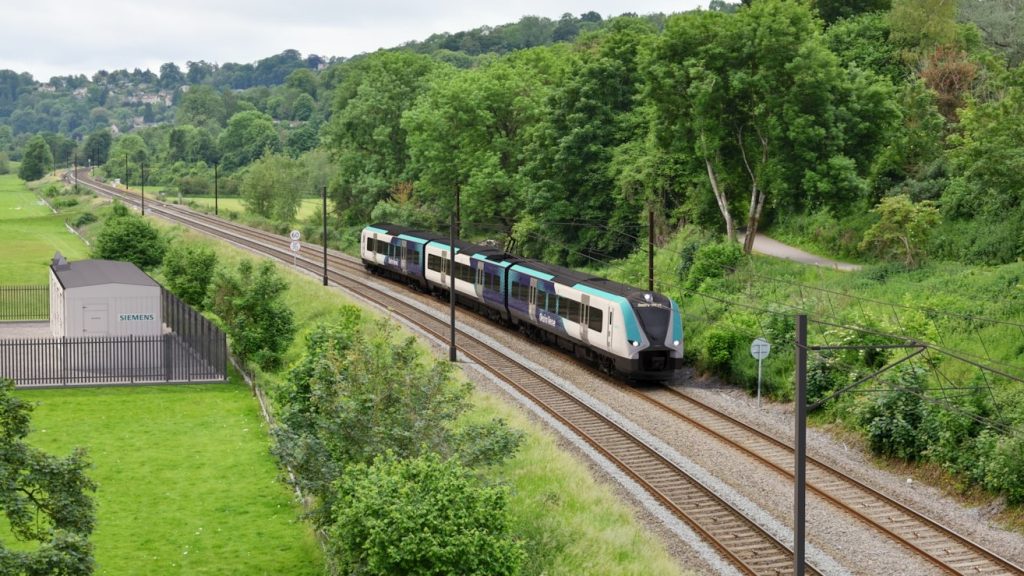Siemens Battery Trains To Replace Diesel, ‘Saving Billions and Slashing Emissions’

Siemens Mobility says it is set to ‘revolutionise’ Britain’s railways with new battery trains, which are poised to replace ageing diesel fleets and save the country £3.5 billion over the next 35 years.
Siemens claims the trains will also help cut CO2 emissions by 12 million tonnes, aligning with the government’s target to eliminate diesel-only trains by 2040.
The battery trains, to be assembled at Siemens Mobility’s new manufacturing facility in Goole, East Riding of Yorkshire, are designed to run on overhead wires where available and switch to battery power on non-electrified sections.
This strategy means 20-30% of a route needs to be electrified, reducing the time and cost associated with full electrification projects.
Central to this efficiency is Siemens’ Rail Charging Converters (RCCs), which allow rapid and cost-effective electrification by connecting directly to the domestic power grid.
The technology can be installed within 18 months, a marked improvement over the traditional seven-year timeline for electrification projects.
The converters will enable the trains’ batteries to charge quickly, either while moving on electrified sections or during stops at stations. The trains utilise advanced Lithium Titanate Oxide batteries, capable of full charging in 20 minutes.
Sambit Banerjee, Joint CEO for Siemens Mobility UK & Ireland, said: “Britain should never have to buy a diesel passenger train again. Our battery trains, which we’d assemble in our new Goole factory in Yorkshire, can replace Britain’s ageing diesel trains without us having to electrify hundreds of miles more track in the next few years.
“So, on routes from Perth to Penzance, passengers could be travelling on clean, green battery-electric trains by the early 2030s. And the best thing is that this would save the country £3.5bn over 35 years.”
Several train operators, including Chiltern, Great Western Railway, Northern, ScotRail, TransPennine Express, and Transport for Wales, are looking to replace their ageing diesel fleets.
Siemens Mobility has conducted modelling showing that battery bi-mode trains are a viable alternative to diesel or part-diesel-powered trains.
Siemens Mobility’s first battery train fleet is already in service in Germany, running in the Ortenau region, and is set to save 1.8 million litres of diesel annually.




